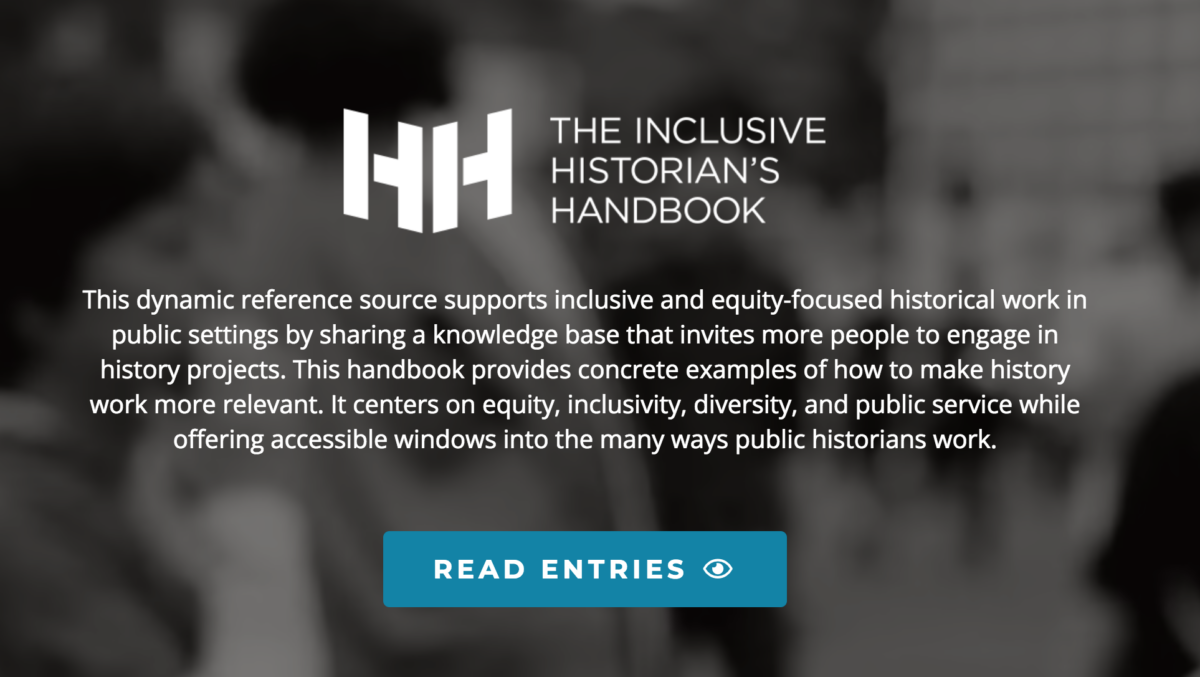More Than Just A Month: Teach Inclusive History All Year Long

Asian American and Pacific Islander Heritage Month in May is an important time to celebrate the rich cultures and invaluable contributions of Asian Americans and Pacific Islanders. However, inclusive representation in the curriculum should not be limited to just one dedicated month out of the year. It is crucial for students of all backgrounds to learn accurate and comprehensive histories and perspectives year-round.
Traditionally, the narratives and experiences of minority groups have been marginalized or left out entirely from mainstream teachings of history and literature. This glaring omission does a disservice to students by denying them a full understanding of the diverse tapestry of the American story. An inclusive curriculum empowers students to see themselves reflected, builds cross-cultural understanding, and provides a more honest account of the past and present.
Asian American and Pacific Islander Heritage Month offers an opportune model for how educators can weave diverse voices and stories into their teaching throughout the year across all subject areas.
By making inclusive education a consistent practice throughout the year, students gain a more nuanced understanding of the diverse mosaic that comprises American society. Asian American and Pacific Islander Heritage Month celebrates important cultures and narratives, while also serving as a powerful reminder that this work should be continual, not confined to just one month out of the year. This holds true for all ethnic and diverse groups.
Here are some ideas to bring more AAPI inclusive histories into K-12 classrooms:
– Read children’s books featuring Asian American protagonists and folktales from Asian cultures
– Teach students about the Chinese Exclusion Act and its impact
– Discuss the Japanese American incarceration during WWII using age-appropriate resources
– Analyze primary sources from Asian American activists and leaders
– Invite Asian American community members to speak about their experiences
– Research Asian American contributions to arts, literature, and music
– Study the legacy and modern relevance of the Vietnam War from Southeast Asian perspectives
– Examine the Asian American court cases and their influence on civil rights and dismantling segregation
– Read works by contemporary Asian American authors
– Analyze how media representation of Asian Americans has evolved over time
Additional resources for all grades:
Posted by: Dr. Kathleen A. Dawson
Recommend0 recommendationsPublished in K12Voices, Leadership Voices






Love this!